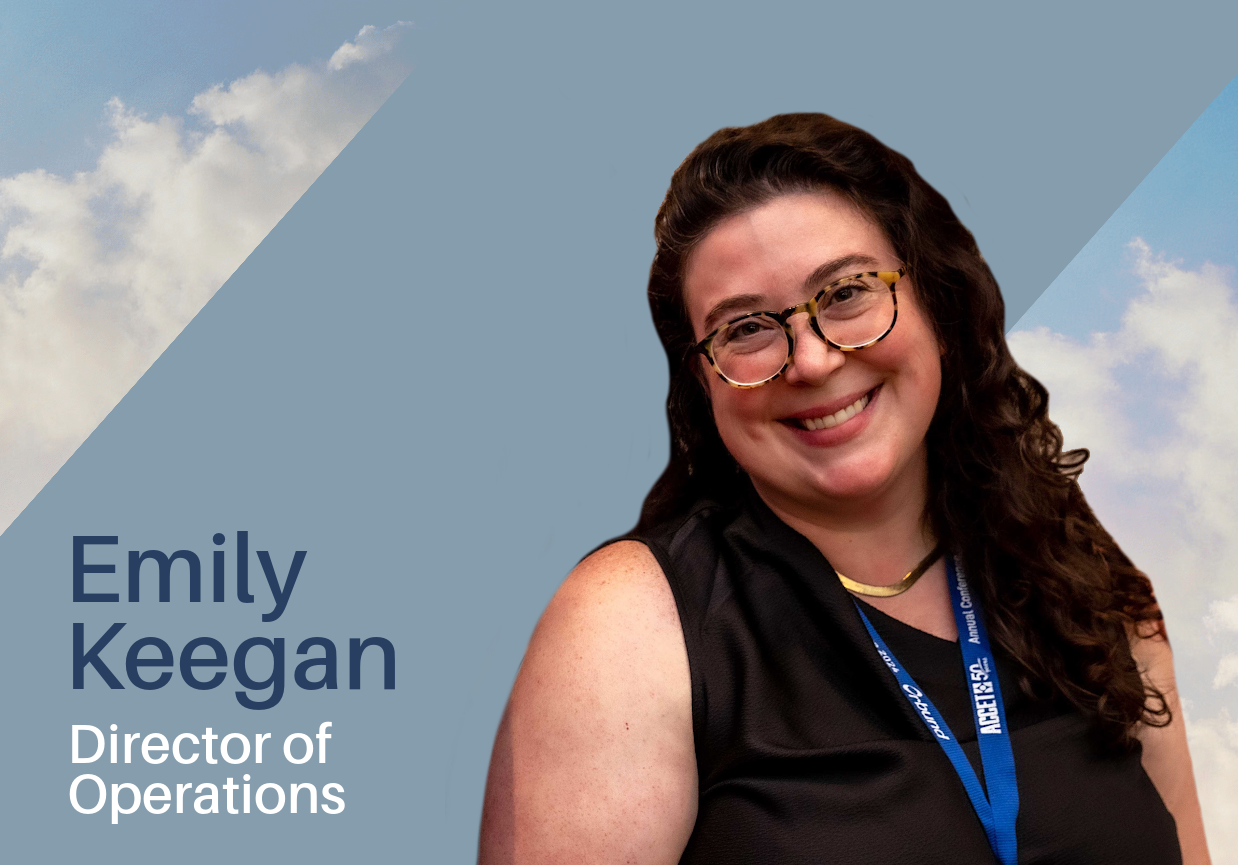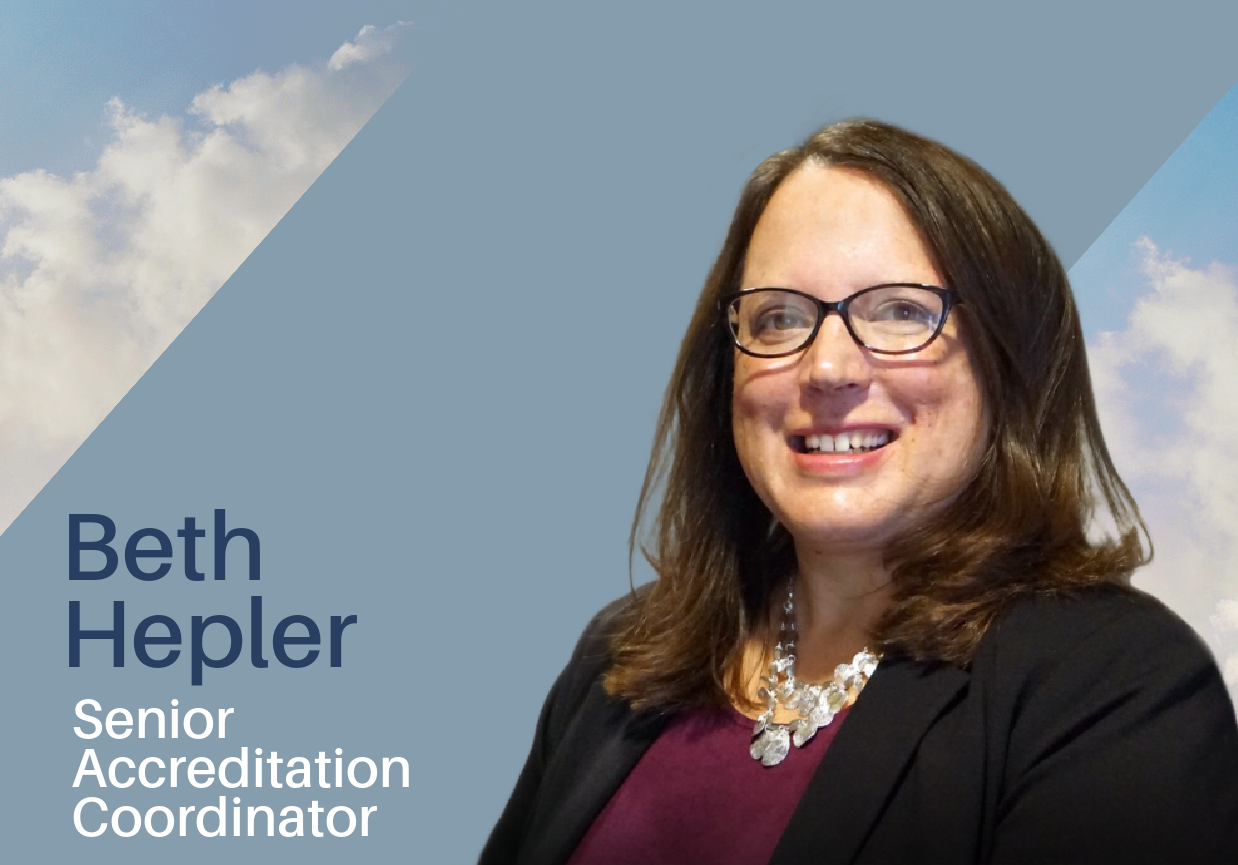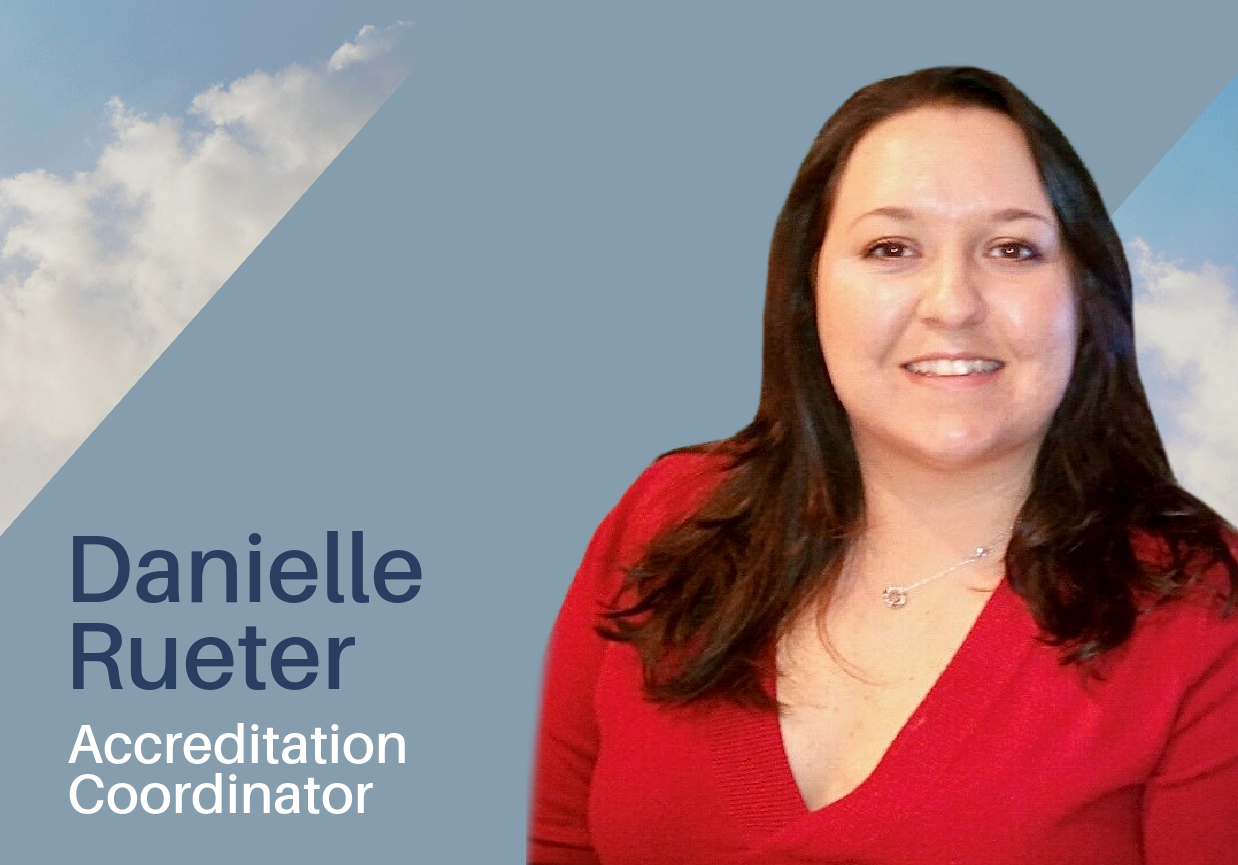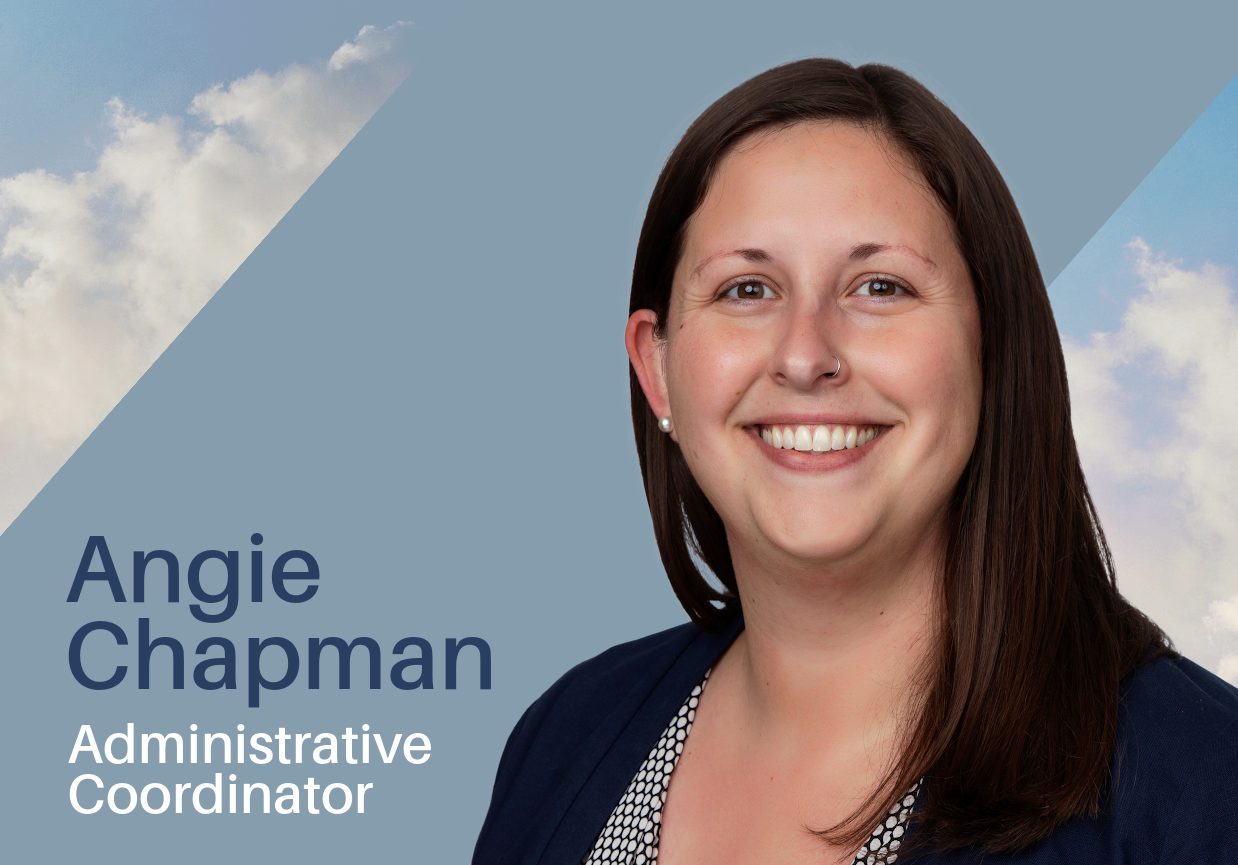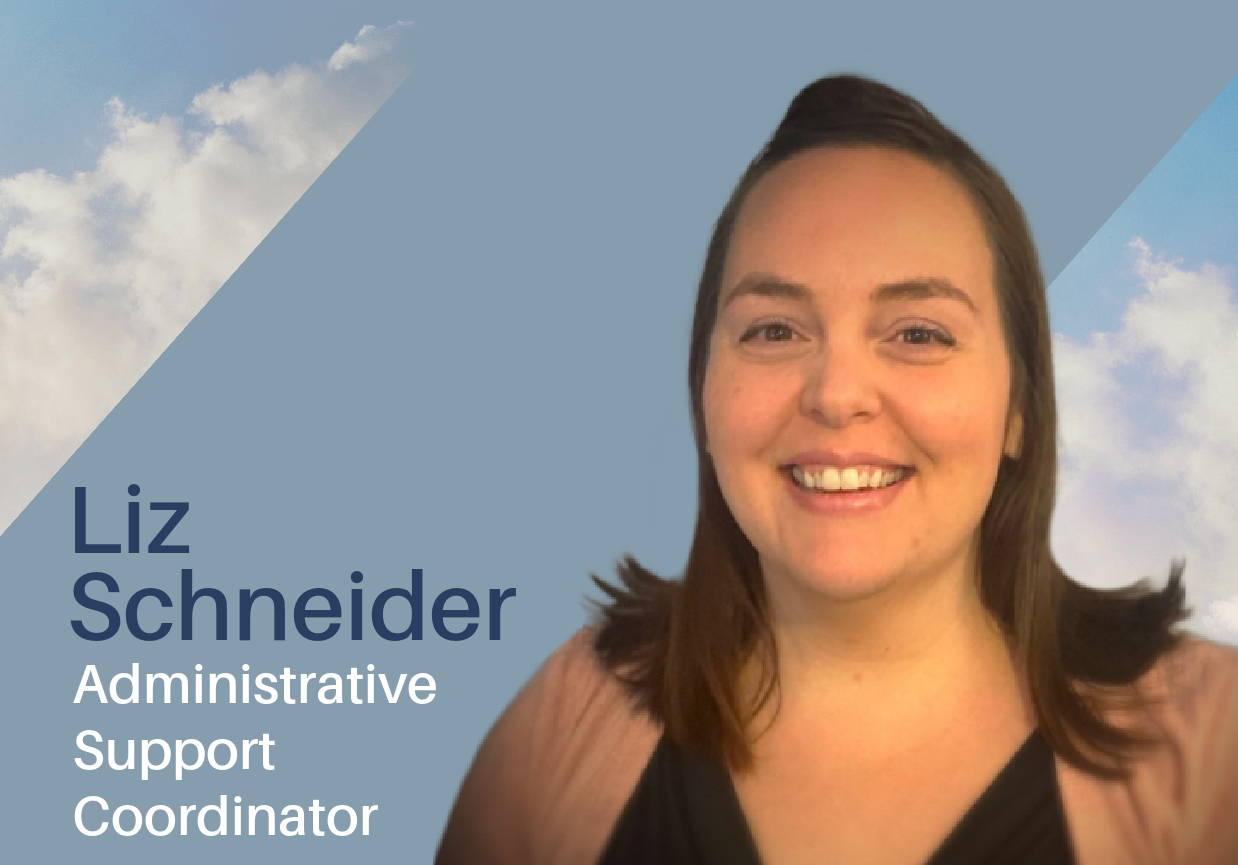A Partnership for Quality





Founded in 1974, the Accrediting Council for Continuing Education & Training (ACCET) has been continuously recognized by the U.S. Department of Education as a reliable authority on educational quality since 1978. ACCET strives to identify, evaluate, and enhance the delivery of continuing education and training through an independent peer-evaluation process. With a global reach, ACCET’s expansive scope is designed to support a diverse array of non-traditional post-secondary educational providers, including:


